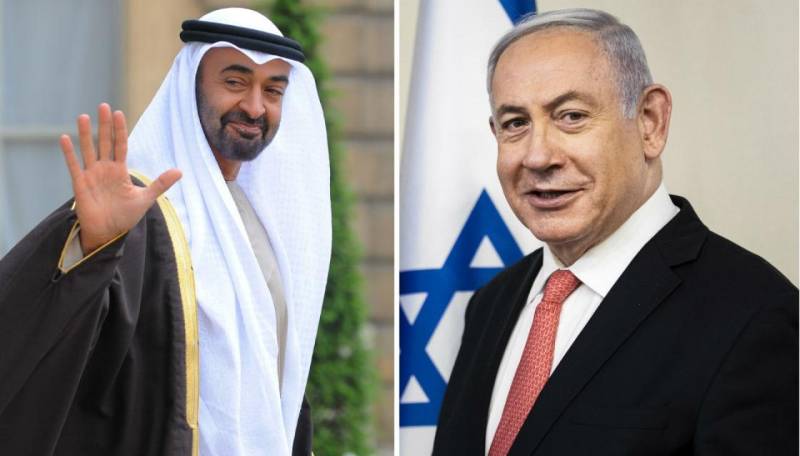Tel Aviv and Abu Dhabi announced their intention to normalize relations after reaching an agreement, brokered by the US, to do so, that also envisages Israel stepping away from its intention to extend its sovereignty over some parts of the West Bank.
Israel and the United Arab Emirates have announced their intention to cooperate in creating intelligence-gathering bases on a Yemeni island in a strategic area that overlooks the Bab al-Mandad Strait, according to PressTV, citing JForum's report, itself based on unnamed sources.
The alleged base is set to be built on Socotra Island, the largest land mass in the Yemeni archipelago. A joint Israel-Emirati delegation reportedly arrived to the island "very recently" to examine possible locations for bases. Two sites were allegedly picked for a planned base: the Momi region in the east of the island for the Jamgua Centre and a location in the west for the Katanan Centre.
The purpose of the planned bases will be to collect intel across the Gulf, particularly from Bab al-Mandab and south of Yemen, along with the Gulf of Eden and the Horn of Africa.
The report also cited an unnamed high-ranking Eritrean source saying that Tel Aviv in 2016 began construction of its largest intel-gathering base on Mount Ambassaira in Eritrea, with a goal toward electronically monitoring forces of the Saudi-led military coalition waging a war against armed opposition factions in Yemen and the Daesh* terrorist group in the region.
It was noted in the report that Tel Aviv's surveillance centres monitor the actions of Houthi militants in Yemen and Iranian naval movements in the region, also examining sea and air traffic in the southern region of the Red Sea.
Reported cooperation between Israel and the Emirates comes after the two countries announced that they would normalize relations after a deal brokered by the United States. In exchange for establishing ties with Abu Dhabi, Tel Aviv is expected to step away from its intentions to extend additional sovereignty over sections of the Palestinian-held West Bank.
The announced intention to normalize relations has met divided reaction globally, with some countries praising the decision as a step toward stability in the Middle East, and others, including Iran and the Palestinian National Authority, slamming the accord as a "mistake" made by the Emirates and a "betrayal of the Palestinian cause".






